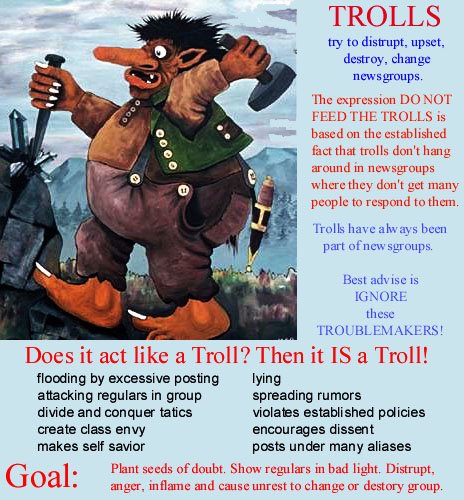When
Cobert's Word prompts users to "vandalize"
wikipedia pages, he not only engage in as a practice of broad and intermingling of media consumption, but a
directly commentary on the state of the consumption. We are not only on computers and watch TV, we surf TV on our computers and watch the Internet on TV. The
Swartz article had some of the coolest examples of this, where he describes how
Wikipedia insiders ("librarians") are making the majority of edits to outsider comments. He is a bit harsh on these
formatters though, stating they are simply 'aiding' the contributors. While this might be partially true, they are indeed a major component of the encyclopedia, as they create coherent standards for readers and, possibly,
artificial interpreters. He points, by way of few lines of code, that
Wikipedia wasn't written primarily by the 500-or-so wiki-literati (
wikirati?), a concept
Jimbo Wales seems oblivious to. He urges more users to contribute "just a little bit" - but how many times have you come across an article that you knew more about than
wikipedia? If you have, I hope you enlightened us all. If not, someone else probably did.
Swartz is keen to point out these political tendencies inherent to the program; as no programmer or application can be completely neutral. Like a
government, the first step is to get things to work, and the next step is to revise those procedures in order to maintain closer control over them. As the
Wikipedia criticism page advises, people had to have bad ideas before
Wikipedia could even start to prevent them.
The wired.com article on
Wikiscanner is also awesome, pointing out some of the anonymous changes made from
IP's within the organizations editing to save face. Ironically, the users that posted without registering actually became less anonymous by way of traceable
internet addresses. Along with these "minor public relations disasters", it is a
testament to the value of a
CVS tree, where every change is saved within the structure of the database. The relationship between the users and the code is what I believe best represents Web 2.0's ideals. Not
necessarily that the user is a programmer or even cognizant of the web
app's internal structure or functions (which is indeed possible through reading the open source), but more generally that the WWW is a giant network of apps created largely by enthusiasts, and that a growing number of websites not only rely on server-side code, but that the server-side code itself was built from an open-source, user created movement. Under arguments that code is law, programs govern how "web 2.0" values are manifested - much less the protocol, but more how the protocol is manipulated. After all, the web runs on copper and light: a revisable infrastructure (and superstructure) not so far off from Carr's notion of reprogrammable brains and Colbert's reality by consent.











